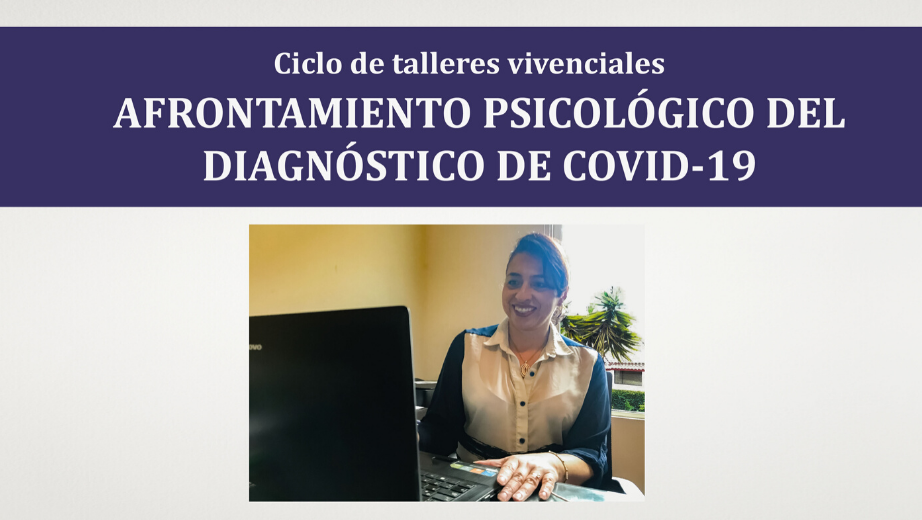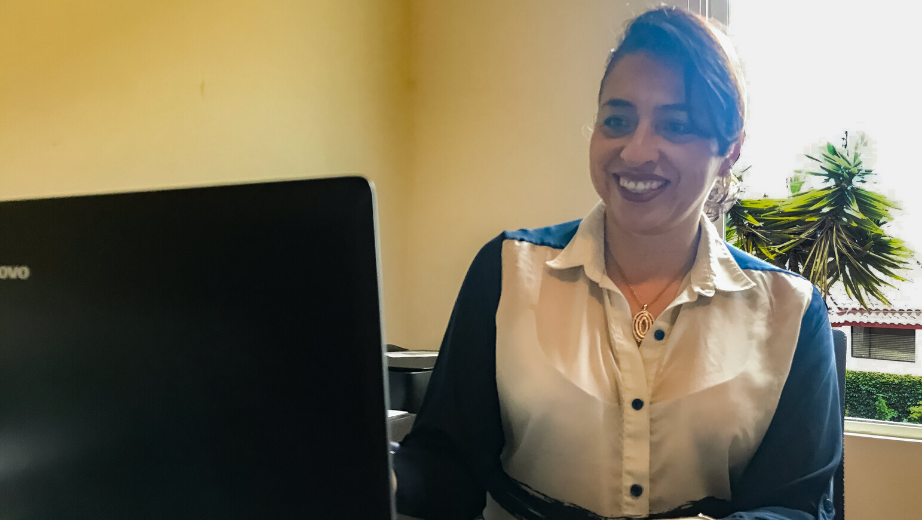Noticia
Psychological techniques to handle Covid 19 diagnosis

The education undergraduate program in our branch campus in Quito held a webinar on how to psychologically face a Covid 19 diagnosis which was led by Elizabeth Montenegro Guevara. The webinars were held on the 10th, 15th and 24th of June. The topics were on the importance of being able to identify emotions, externalize experiences, manage the disease and recovery.
Regarding the identification of emotions, Montenegro stated that it is very important to know how a person is feeling and know how to connect with emotions in order to control thoughts and negative emotions. "When we can identify what makes us mad or makes us feel anxious, we can identify the reasons that cause these feelings and do something to lower anxiety levels." Some of the ways we can lower anxiety levels are by breathing, meditating, eating well, doing exercise and identifying what causes these emotions.
Regarding the management of expectations about illness and recovery, she stated that we must always have hope or value the possibilities that exist regarding the achievement of one or multiple vital objectives. "When we suppress our emotions we are likely to be more fragile to getting sick, feel lonely and isolated," he said.
Another aspect to consider is grief, which is the stage of denial, which produces anger and depression.
Some emotions in this stage are fear, anger, sadness and guilt. Finally, the psychologist recommended that in the current situation it is necessary to understand, accept and adjust expectations. "We should be flexible in adopting new ways of seeing things, acting and relating, fostering creativity for this adaptation process," she recommended.
Contenidos Relacionados
Contenidos Relacionados
Noticias Relacionadas
Noticias Relacionadas






Follow us
Follow us